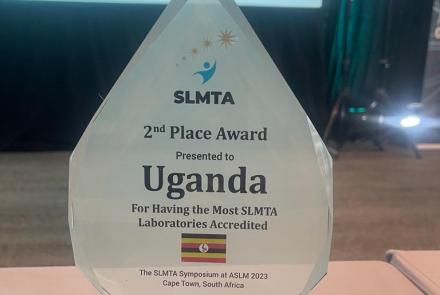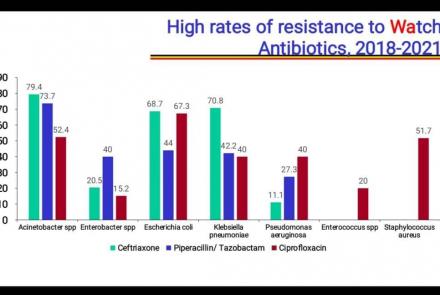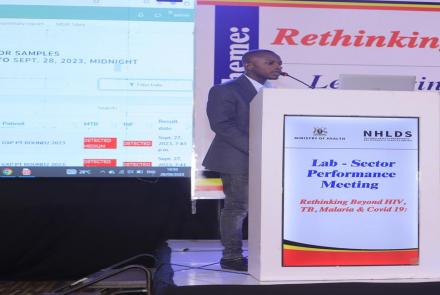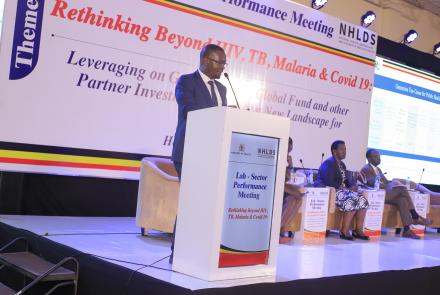The quality of Laboratory service delivery is based upon structures, processes, and outcomes. Inadequacy in laboratory performance systems such as the infrastructure, human resource, equipment, and supplies compromise the quality of services delivered at many facilities. This has caused loss of trust from laboratory customers at clinician and patient levels. Guidelines and standard operating procedures (SOPs) are not fully disseminated and implemented in many facilities including the private sector, and very few laboratories get regular technical support supervision due to the limited capacity of the supervisory bodies. Only facilities involved in vertical programs such as TB and HIV/AIDS get regular in-service training and supervision.
There is no developed and well-coordinated system for internal controls and external quality assessment scheme or established secretariat. The National External Quality Assessment (NEQAS) guidelines are still in development. Capacity to prepare panels locally is still low and restricted to a few vertical programs like Dried Tube Specimen (DTS) for HIV by UVRI, TB microscopy by NTRL and GeneXpert EQA by NTRL all coordinated in silos.
The majority of Laboratory tests on the national test menu are not monitored through EQA. Additional roles of the reference Labs in executing their roles as Technical Implementation/Advisory Groups (TIG/TAG) are not well defined as the NEQAS guidelines are still at the developmental stage. There is no national health laboratory accreditation body to set and promote the improvement of quality and standards of laboratory services, although some measures are being undertaken in this area. The government together with development partners have rolled out a SLIPTA/SLMTA program to guide laboratories through a Stepwise quality improvement process towards accreditation. A national quality management master plan is also under development to guide quality and assurance and control operations countrywide.






